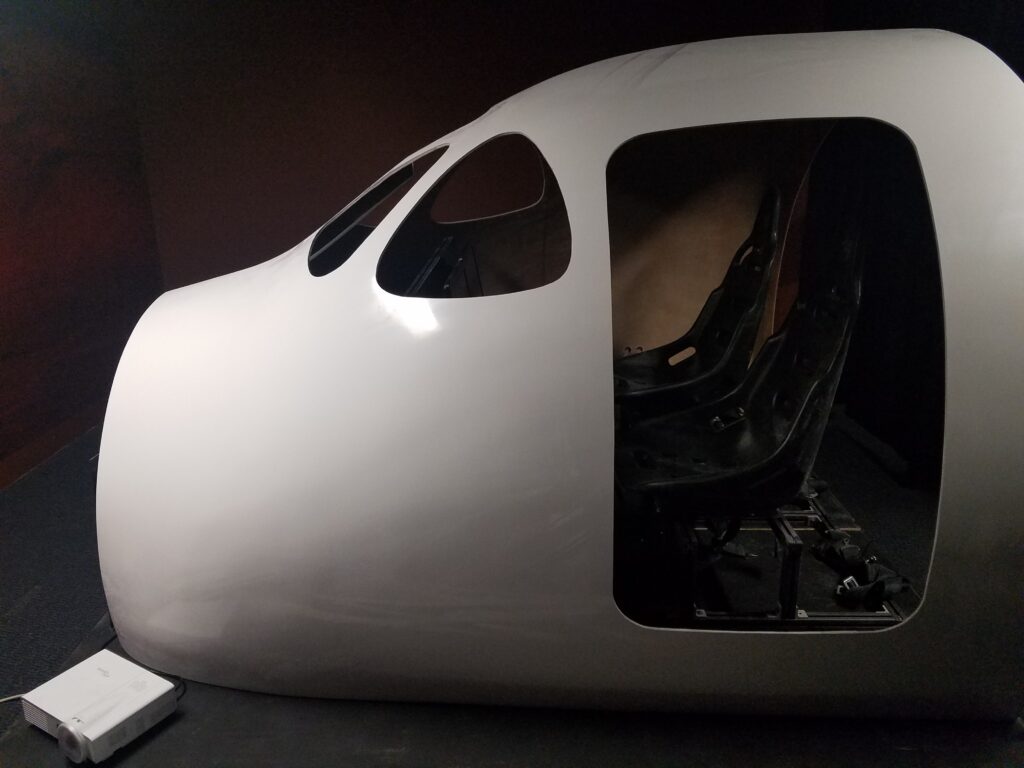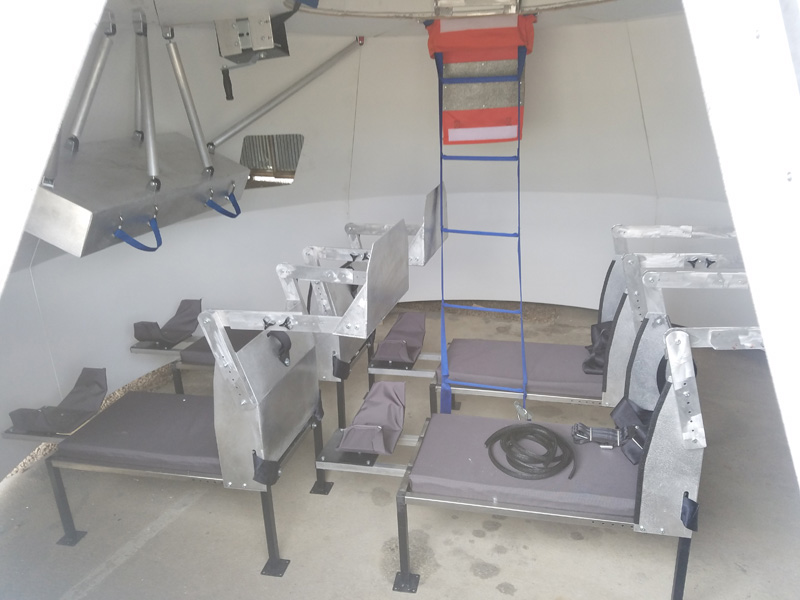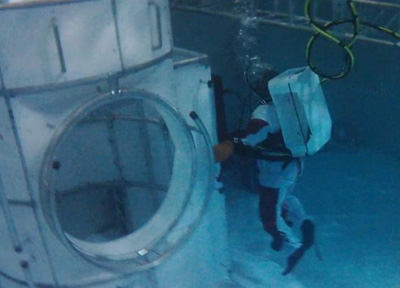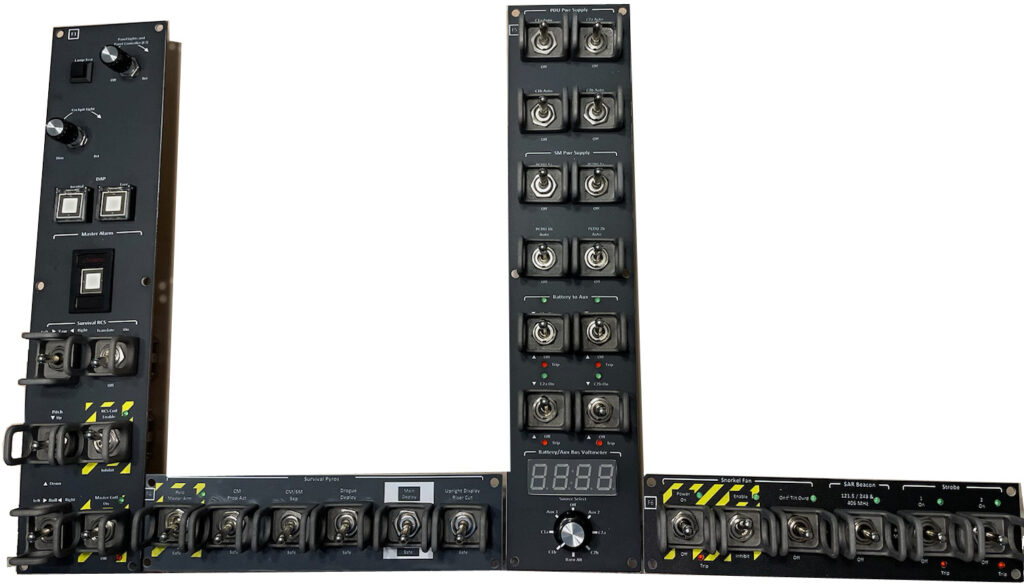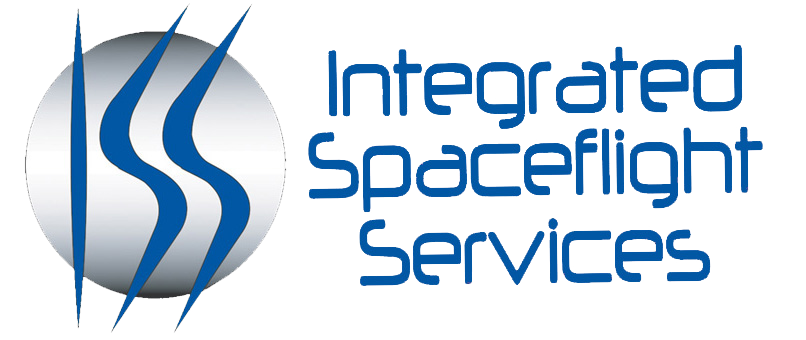ISS professional immersive courses are designed for small groups seeking short, intensive courses designed for the working professional. These courses may be delivered with several months of lead notice. ISS also offers a variety of online courses designed for the aerospace professional, some accompanied but their own professional textbooks.
ISS In-Person, Immersive Courses
Reduced gravity aircraft provide up to 25 seconds of the near freefall (microgravity) environment. Space agencies and commercial space companies rely on parabolic flight campaigns to perform microgravity experiments and to advance the Technology Readiness Level (TRL) of payloads before launching them into space. In this course, students will learn about Space Physical and Life Sciences experiments suitable for testing in parabolic flights. They will also learn the processes researchers must follow in order to perform their experiments aboard reduced gravity aircraft or spacecraft. A critical element leading up to the flight date is specifying the procedures for the payload operation, integration, testing and certification in a document called the Test Equipment Data Package (TEDP). The course will also describe the Interface Control Documentation that researchers must consult to ensure that their payloads will properly integrate into an aircraft’s mechanical and electrical systems. Students will also learn about the Internal Review Board and ethics review that must be done for experiments involving humans.
Location: Ottawa, Ontario (or at your site)
Duration: 5 days
Class Size: 6-12 students
Price: $4500 per student
This course covers a historical analysis of specific US and Russian EVA space suit development programs, EVA space suit systems, laboratory test protocols, terminology and etiquette, EVA space suit test development, and design drivers of future EVA space suit systems. Students then learn fundamentals of systems and operations of both IVA and EVA space suits in controlled simulated environments. To provide accurate training in an IVA space suit, the IIAS suborbital flight simulator is used. To provide accurate training in an EVA space suit, IIAS uses a custom two-axis gravity-offset system to simulate microgravity, lunar, or Martian gravity environments.
Location: Florida Tech, Melbourne, Florida
Duration: 5 days
Class Size: 6-12 students
Price: Write for a Quote
The first professional education course on the landing and post-landing phase of human spacecraft missions, this course covers nominal and contingency landing scenarios, post-landing planning, rescue and recovery architecture design, egress systems and operational procedures, de-conditioning and post-landing survivability, generalized egress skills, and emergency egress bottle use.
Each program provides an immersive educational experience covering the following topics: 1) Planning for nominal and contingency landings, 2) Nominal and contingency rescue operations, 3) International program-specific agreements and global SAR response resources, 5) Pad and ascent abort egress environments and design considerations, 6) Early de-orbit scenarios, 7) Post-landing contingencies, 8) Egress procedures and operations, and 9) Probabilities and effects of injuries and deconditioning.
The immersive part of the course places the student in an IVA space suit under various post-landing contingency egress environments involving parachute-drop scenarios. The student will demonstrate 1) stable flotation, 2) reliable functionality of parachute release, 3) raft ingress, 4) suit functionality and comfort with Life Preserver Unit, 5) effective use of radios, beacons, signal flares, and other signaling devices in water, and 5) the effective use of egress bottle for egress operations.
Location: Groton, Connecticut
Duration: 5 days
Class Size: 6-12 students
Price: Write for a Quote
Fixed-Wing Performance reviews the concepts and maneuvers for evaluating and determining the performance characteristics of fixed-wing aircraft. Fixed Wing Stability and Control reviews the concepts and maneuvers for evaluating and determining the stability and control characteristics of single- and multi-engine aircraft. These concepts will be used to develop test cards and maneuvers for evaluating the stability and control of a Mooney M20K and a Cessna 310 aircraft. Spin test demonstrations are performed in a Super Decathlon aircraft. Test card development, instrumentation and data methods, safety review, and test briefings are covered. The following flight tests are demonstrated:
Performance Test Methods and Maneuvers: 1) Instrument Calibration by GPS Method, 2) Stall Speed Determination and Visualization, 3) Takeoff Performance, 4) Climb Performance, 5) Level Flight Performance, 6) Range and Endurance, 7) Turn Performance, 8) Landing Performance.
Stability and Control Test Methods and Maneuvers: 1) Static and Dynamic Longitudinal Stability, 2) Longitudinal Control and Trim, 3) Static and Dynamic Lateral-Directional Stability, 4) Rolling Performance, 5) Directional Control, 6) Engine-Out Minimum Control Speed, 7) Stall Visualization and Spin Characteristics.
Location: Boulder, Colorado (or at your site)
Duration: 6 days
Class Size: 4-8 students
Price: $4500 per student
ISS Online Professional Courses
| Course | Instructor | Duration | Price |
|---|---|---|---|
| Space Environment | Dr. Armin Kleinboehl | 10 weeks | $1195 |
| Space Flight Physiology | Dr. Erik Seedhouse | 10 weeks | $1195 |
| Life Support Systems | Dr. Erik Seedhouse | 8 weeks | $1195 |
| Introduction to Space Medicine | Dr. Shawna Pandya | 8 weeks | $3500 |
| Planetary Field Geology | Dr. Jose Hurtado | 8 weeks | $4000 |
| Fundamentals of Flight Test Engineering | Ken Trujillo, Heidi Hammerstein | 12 weeks | $1195 |
| System Engineering of Human Space Flight | Ken Trujillo | 12 weeks | $1195 |
| Spacecraft Egress and Rescue Operations | Dr. Jason Reimuller | 8 weeks | $4000 |
| Orbital Mechanics | Ken Ernandes | 12 weeks | $1195 |
ISS Publications
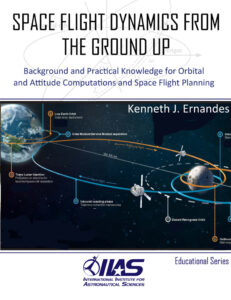
Hard Cover, 8.5″x11″, $99.95
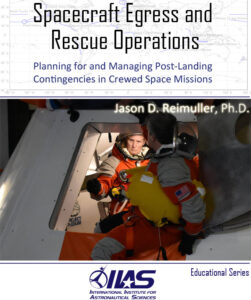
Hard Cover, 8.5″x11″, $89.95
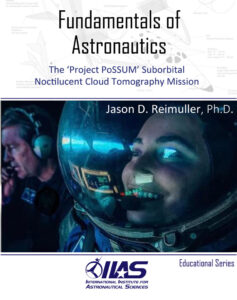
Hard Cover, 8.5″x11″, $89.95
Custom Simulation
ISS constructs high-fidelity space simulation for research, crew training, and general education. We build boilerplate structures, analog hardware, control systems, and software to specifications. Do you have a custom need? Talk with one of our engineers today!
